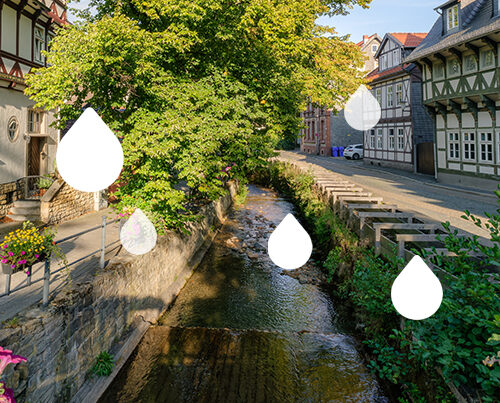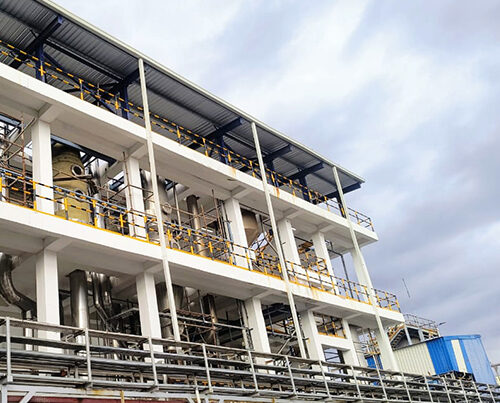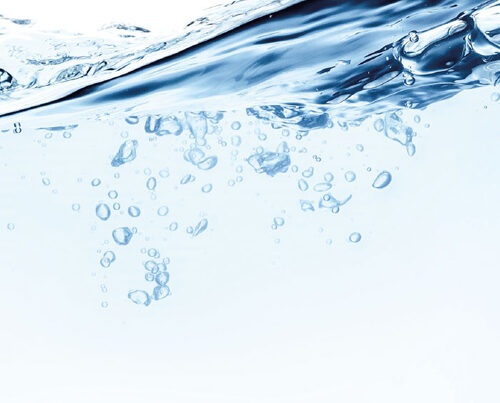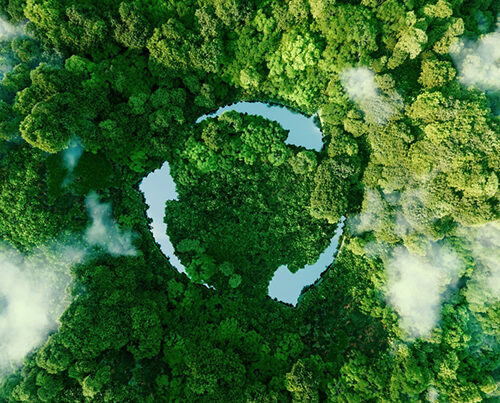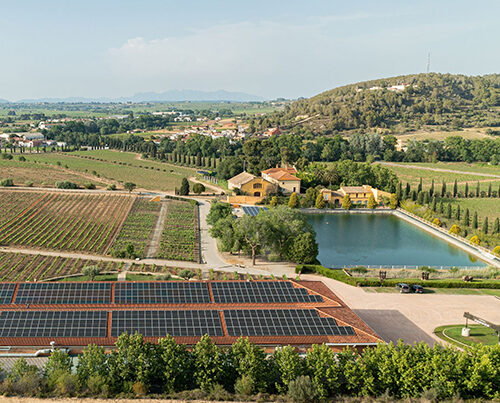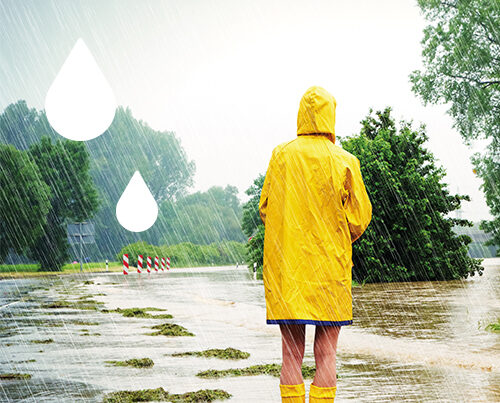Industrial direct dischargers in the Netherlands are subject to strict environmental regulations, especially at chemical sites. At the Port of Rotterdam – one of Europe’s most important petrochemical hubs – the safe and efficient treatment of industrial wastewater is a key challenge.
REMONDIS Aqua B.V. has been treating the wastewater from one of the largest polyvinyl chloride production sites here since 2009: In the Botlek Business Park on the site of Europe’s largest deep-water port in Rotterdam, the world’s largest PVC manufacturer, Shin-Etsu Chemical Co Ltd, produces the raw material for PVC production, the so-called vinyl chloride monomer (VCM). This is later turned into PVC, which is then used by customers to produce piping systems, window frames, cable sheathing, floor coverings and vinyl records.
Shin-Etsu and REMONDIS Aqua B.V. extended their partnership in 2020 to ensure that the large volumes of wastewater from the plastics production process can continue to be treated safely in the future. A strong joint signal in the pursuit of a clean environment as the partners both focus on recycling: at REMONDIS, most of the processes revolve around sensible recycling, while at Shin-Etsu, around 771,000 tons of recycled PVC are used worldwide and thus find their way back into the cycle.
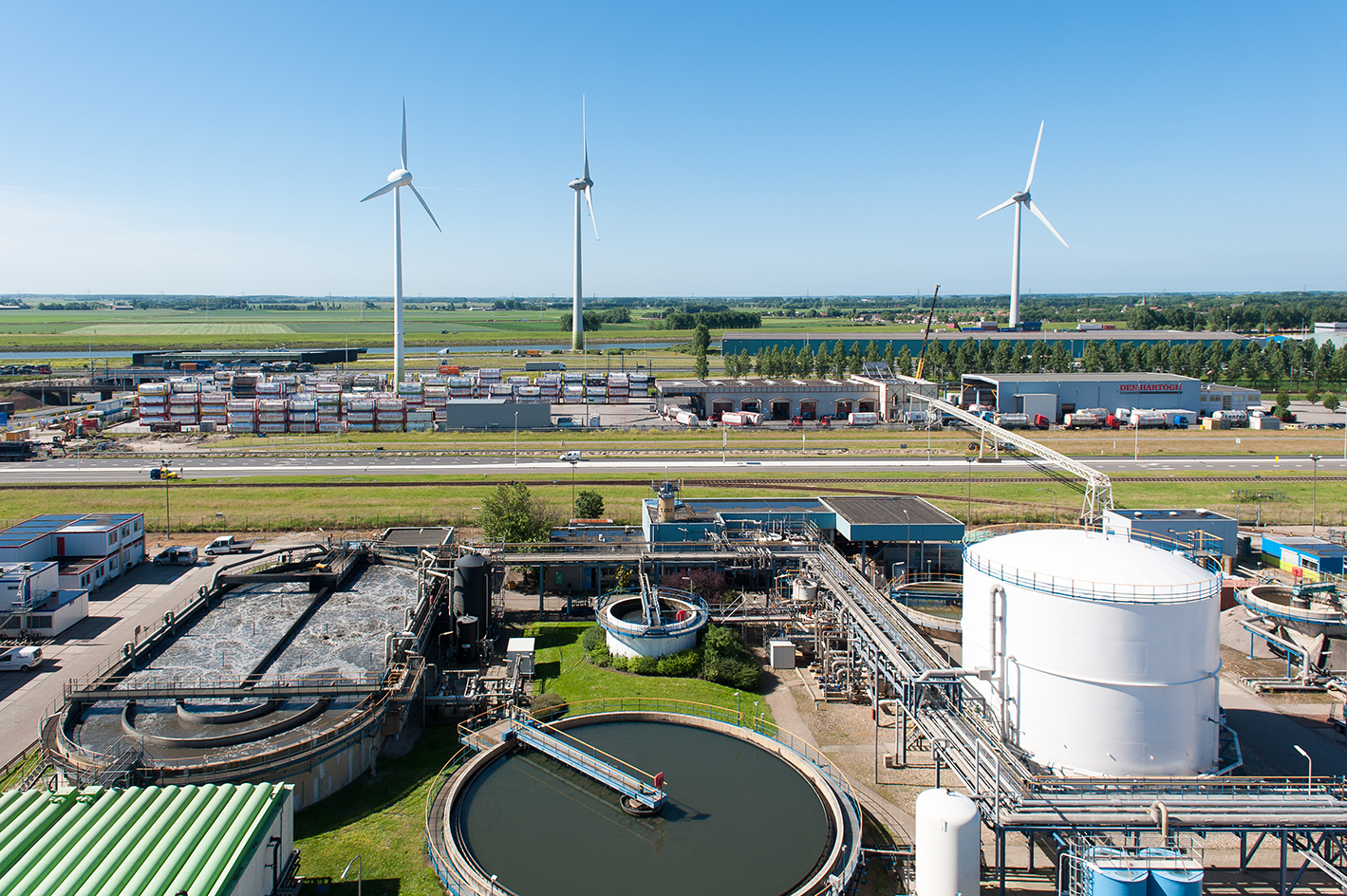
REMONDIS Aqua B.V. has been in charge of wastewater treatment at the production site in Rotterdam since 2009. The contract was extended in 2020.
3 questions for…
In an interview with our expert, Sebastian Weil, Managing Director of REMONDIS Aqua B.V., we take a look at the requirements and solutions as well as the good cooperation with Shin-Etsu.
What specific challenges does wastewater treatment pose at a chemical site such as the Port of Rotterdam?
Sebastian Weil: Wastewater treatment poses particular challenges due to the high concentration of chemical companies and refineries. With over 45 chemical companies, the port is one of the most important petrochemical centres in Europe. The industrial activity leads to large quantities of wastewater that is contaminated with a variety of different pollutants. This diversity requires specialised treatment methods to ensure that no harmful substances are released into the water. Another challenge is the continuously high volume of wastewater that needs to be managed without causing bottlenecks in treatment. In addition, there are strict regulatory requirements, which include both national and international environmental regulations and therefore require regular adjustments and investments in modern wastewater treatment processes.
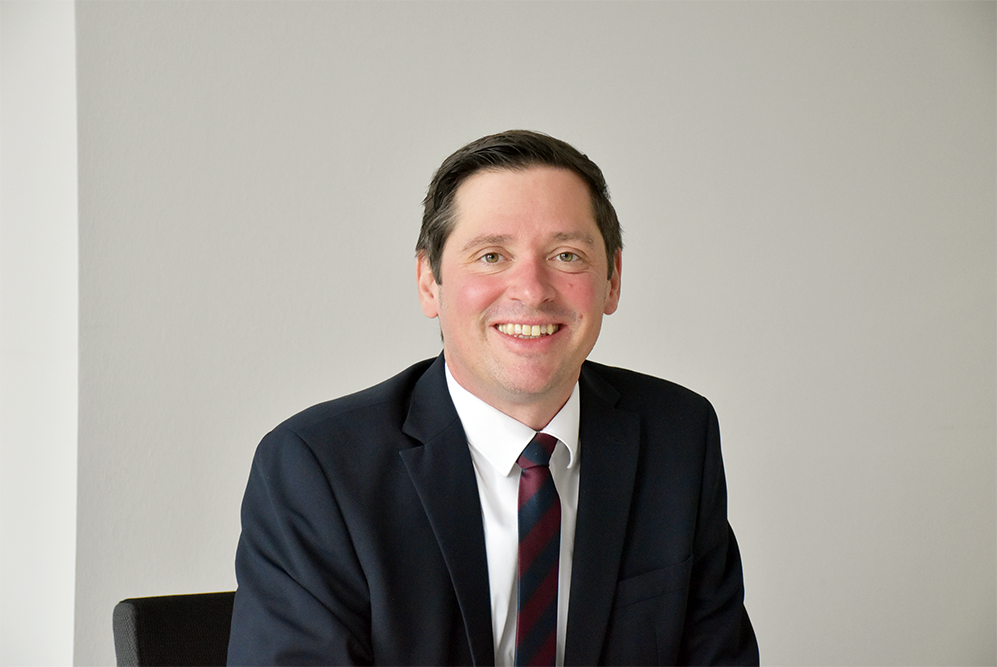
Sebastian Weil, Managing Director REMONDIS Aqua B.V.
Shin-Etsu is a prime example of wastewater treatment in the Port of Rotterdam. Thanks to our wastewater management system, the wastewater discharged is well below the limit values. What special processes does REMONDIS Aqua B.V. use to achieve this?
Sebastian Weil: In order to meet the daily challenges of wastewater management in cooperation with our customer, Shin-Etsu, we use advanced wastewater treatment technologies that are tailored to the respective pollutants. The wastewater treatment in Rotterdam’s Botlek Business Park now operates in two stages with a chemical-physical precipitation stage and biological treatment for a complex wastewater composition from the production of chlor-alkali products or vinyl chloride. Sand filtration with an optional activated carbon filter serves as tertiary treatment to ensure maximum safety in order to comply with the strict discharge limits into the port.
What technological and operational adjustments were necessary to adapt the plant to the stricter environmental regulations?
Sebastian Weil: REMONDIS Aqua modernised, extended and adapted the plant to the stricter discharge requirements in five phases during 2021. Particular attention was paid to the pre-treatment of the copper-rich wastewater and the biological treatment stage. The latter is one of the few plants in Europe that enables efficient biological treatment with high salt content. The introduction of modern monitoring systems also enables us to monitor wastewater quality in real time and react to deviations at an early stage. Smooth communication plays an essential role. In summary, the success of the project is a combination of technological innovation, strict monitoring and professional cooperation between our client and our employees.
Thank you very much for the interview and good cooperation with Shin-Etsu!
Image credits: image 1, 2: © U. Mertens; image 3: © REMONDIS







